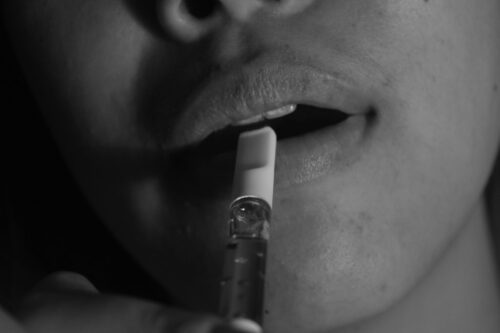After last year’s debut of the Harvard Independent’s Counter Culture Issue, you can count on the Indy to ask the questions no other campus publication will.
No other publication, at Harvard or elsewhere, had attempted to quantify the reach and depth of these often-discussed topics in a campus setting until the Indy’s 2016 Counter Culture survey. From tattoos to piercings to hair styles, the Indy wanted to know how Harvard students explore counter culture. With submissions from undergraduates sharing their body modifications, the Harvard Independent hopes to represent counter culture’s place on campus.
With data from the 510 correspondents who took the 2017 Counter Culture survey publicized over undergraduate email lists, the Indy is ready to share.
Although one student wished to identify as “His royal majesty, grand master of the warrior’s arts, rider of Rohan, heir to the Iron throne, father of dragons, herald of Mithrandir, necromancer’s bane, lord of the West, wielder of Arthur’s blade, slayer of darkness, foe of those who would take freedom, friend of the weary, the great and infallible hero of our time,” the majority of respondents (62.3%) reported she/her/hers pronouns. 33.3% identified as male, while the remaining 4.4% identifying outside of the binary. Of the overall respondent pool, 31.7% identified as being LGBTQ+.
Only 34.7% of respondents had done drugs prior to arriving at Harvard, but this rose slightly to 47.4% once they arrived on campus.
Marijuana was the most likely drug of choice for these students, with meth being the least likely. No respondents reported having used heroin. However, although a drug by any other name may not smell so sweet, we found multiple responses with various names for the same substance. Over 1% of respondents reported having experimented with laughing gas since coming to Harvard.
Harvard students aren’t chronic drug consumers, though. A vast majority, nearly 44.5% of those who had taken drugs after coming to Harvard reported having done drugs only 2-5 times since having come to Harvard. Typically, the majority (51.1%) of suppliers are members of the Harvard community rather than not (29.1%). However, 15.3% reported having had both for suppliers. Typically, suppliers are found through mutual friends (39.9%) or knowing the supplier themselves (52.7%).
55.4% of survey takers supported the legalization of recreational use of marijuana, with an additional 27.7% indicating a general belief that drugs should be legalized.
As for body modifications, 47% of survey respondents reported having no forms of body modifications outside of “traditional” piercings. 44.6% of survey takers reported having piercings, while only 11.3% reported tattoos and 13.1% reported alternative hair styles.







